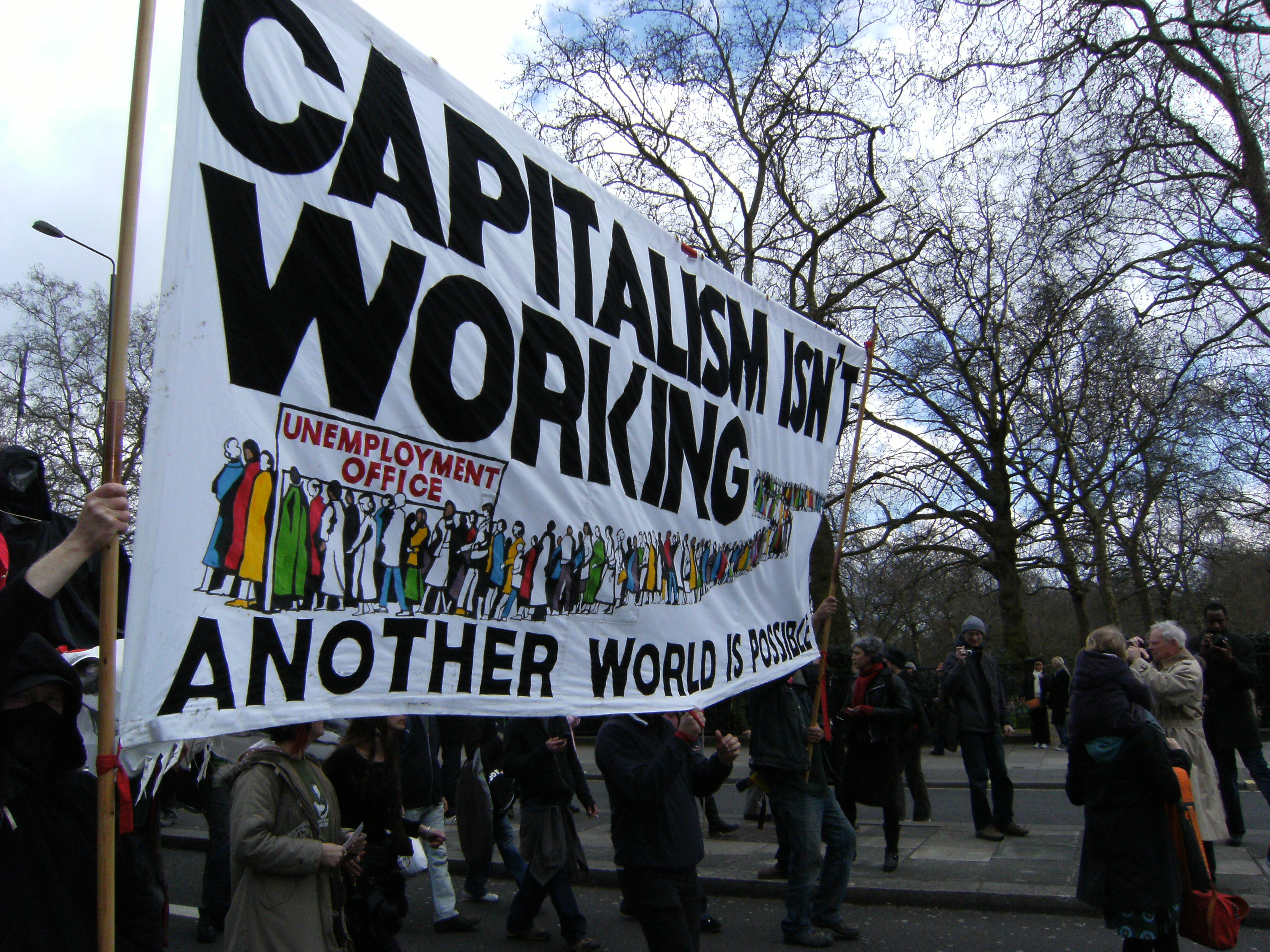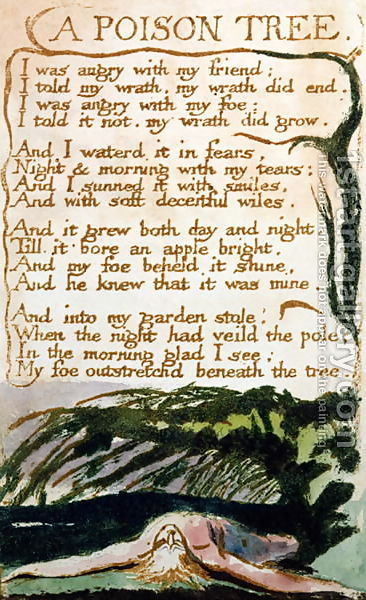Marxist Critique of "Metamorphosis" By Franz Kafka
In the beginning of the story the character transforms into a bug of some kind. Mr. Kafka leaves the interpretation of what particular kind up to the reader. In doing so, I feel he leaves the door open for any interpretation, especially for the Marxist theory.
- The essential question I chose to address for this piece is what values are being subverted by the author. There are many capitalist values in this piece that are being put down by the author.
- Considering the stereotype of traveling salesman. Especially in the time period this piece was written. It's almost as if the writer was trying to say the character had it coming to him. When I read the text, personally the type of bug that I see is a cockroach. Because of the tendancies of the salesmen to lie to sell. But also in saying that he had it coming. I also see the writer was trying to say that he had no control over it. Because he would have been forced to do underhanded things to make money. Because money is the God of our society. And people will lie, cheat, and steal to get it.
- As the story continues. Gregor (cockroach) becomes increasingly ashamed of his appearance. And shuns the light and attention. This corresponds to the light of truth shining down on the evil, corrupt roots of capitalist society. A society where rich get richer and the poor are becoming increasingly poor. The middle-class has been squeezed almost out of existence. And when the truth comes out about the evil underbelly of society. They will run for cover and try to hide but there will be no place to hide when the people 'wake up' and realize what has been done to them for so long. Just as Gregor did in the story.
- Gregor dies in the end of the story after overhearing his family talking of asking him to leave of his own accord. Gregor decides to go to his room and die. As he was determined to rid his family of his presence. I see his family as the people. They came together and collectively decided that Gregor would "destroy them all" if he were to stay. This is exactly what will happen to our society if we the people do not collectively get together and tell the banks, politicians, and lobbyists that WE are taking our country back from YOU and YOUR interests. And just as Gregor's family wanted him to leave on "his own accord" we will ask this of them. But most likely, they will not go quietly.









